Brusatol induces ferroptosis to inhibit hepatocellular carcinoma progression by targeting ATF3
Chemical Biology and Drug Design
JUNE 11, 2024
Using RNA-seq and through in vitro and in vivo studies, we determined that brusatol suppresses hepatocellular carcinoma progression by inducing ATF3-mediated ferroptosis. RNA sequencing (RNA-seq) and bioinformatics analyses of HCC cells were utilized to elucidate the mechanism underlying the effects of BRU in HCC.




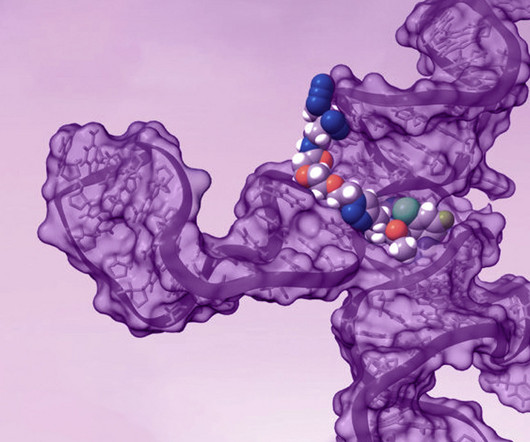






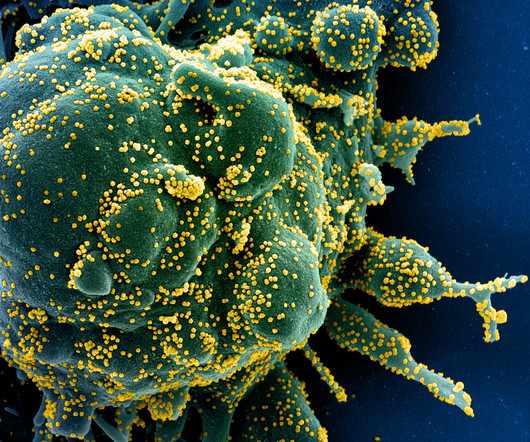


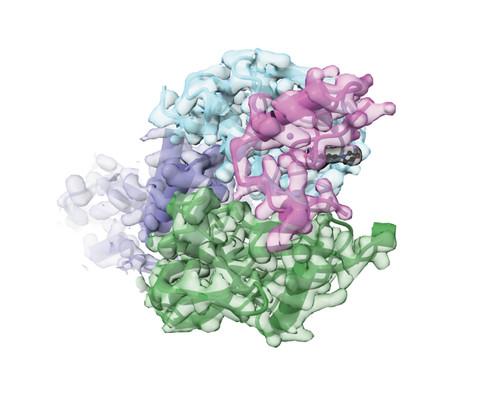

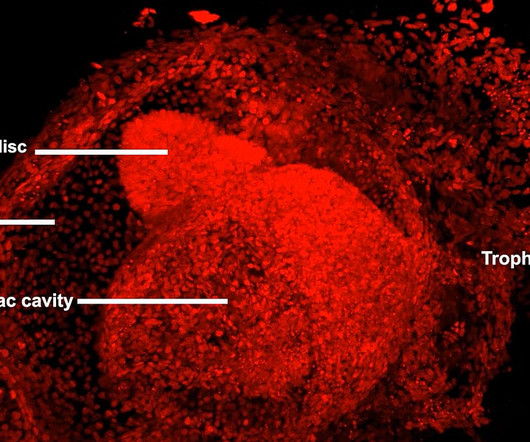
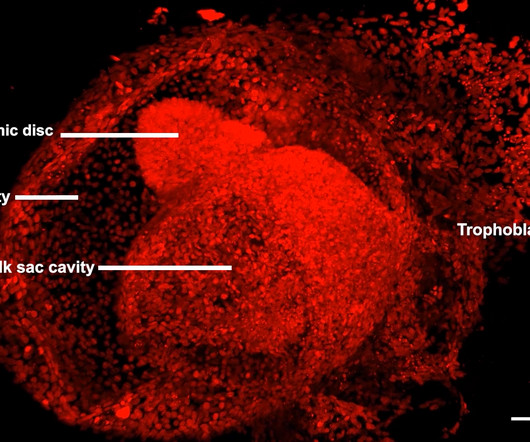



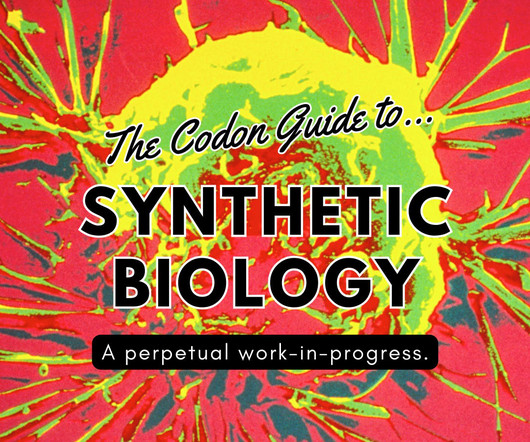








Let's personalize your content